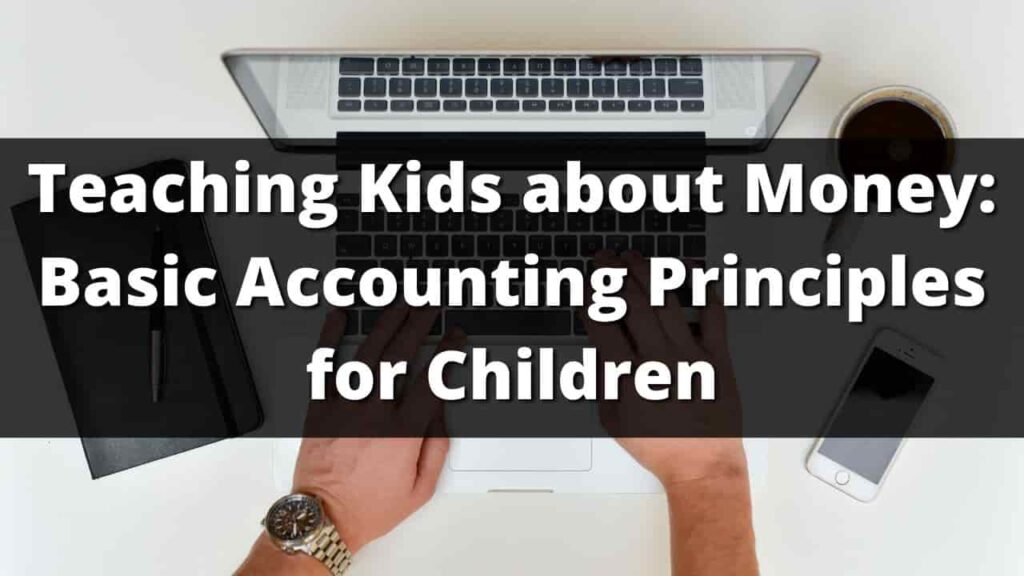Table of Contents
Teaching Kids about Money: Basic Accounting Principles for Children
Financial literacy is a crucial life skill, and teaching kids about money from an early age lays the foundation for responsible financial management in the future. Introducing basic accounting principles to children can help them understand how money flows in and out of their lives, and instill essential concepts like budgeting and saving. In this post, we’ll explore simple yet effective ways to teach kids about accounting principles in a fun and engaging manner.
Why Teach Kids Accounting Principles?
Understanding basic accounting principles benefits kids in several ways:
Financial Responsibility: It instills a sense of responsibility towards managing money.
Decision Making: It equips them with the skills to make informed financial decisions.
Future Financial Independence: It sets the stage for them to become financially independent adults.
The Concept of Income and Expenses
Introduce the concept of income as the money earned or received, and expenses as the money spent or paid out. Encourage kids to track their income (allowances, gifts) and expenses (toys, treats) to understand the balance between earning and spending.
Introducing Assets and Liabilities
Explain assets as things that have value, like toys, books, or even money saved in a piggy bank. Liabilities, on the other hand, are things that represent a financial obligation, such as money owed to a friend or a promise to buy a gift.
Tracking Transactions with a Simple Ledger
A basic ledger is an excellent tool for kids to record their income and expenses. Encourage them to maintain a simple ledger with columns for date, description, income, and expenses. This helps them visualize their financial transactions.
Understanding Budgeting and Saving
Teach kids the importance of budgeting by setting spending limits for different categories like toys, treats, and saving. Encourage them to allocate a portion of their income to savings, helping them understand the value of setting aside money for the future.
Teaching the Importance of Financial Statements
Introduce kids to simplified versions of financial statements like income statements and balance sheets. Help them understand how these statements provide a snapshot of their financial situation, showing income, expenses, assets, and liabilities.
Applying Accounting Principles through Fun Activities
Engage kids in interactive activities like “Money Bingo” or “Expense Tracker Crafts” to make learning about accounting principles enjoyable. These activities make the concepts more tangible and memorable for children.
Final Thought:
Teaching kids about accounting principles is a valuable investment in their future financial well-being. By introducing concepts like income, expenses, assets, and liabilities in a fun and interactive way, you’re providing them with essential tools for responsible money management. Remember, the key is to keep the lessons age-appropriate and engaging, fostering a positive attitude towards financial literacy from an early age. As children grow, so will their understanding and confidence in handling their finances.
For more click here and if you are looking for full forms of different acronyms and words then check out this list you really gonna find this helpful. We also have an Essay on every topic, Check the complete list here. If you are Studying in Matric Free Video Lectures of Maths, Physics and English are here, and we have got you covered for I.COM Business Maths also.







